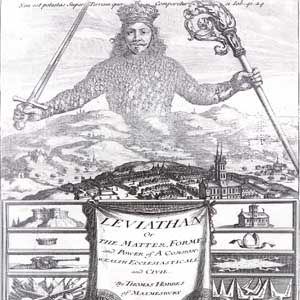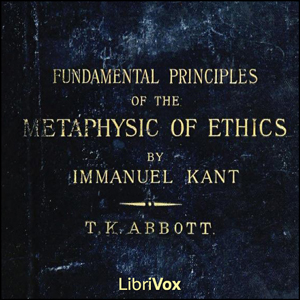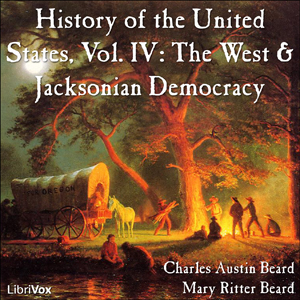- Introduction
- I - Of Sense
- II - Of Imagination
- III - Of the Consequence or Train of Imaginations
- IV - Of Speech
- V - Of Reason and Science
- VI - Of the Interior Beginnings of Voluntary Motions, Commonly Called the Passions; and the Speeches by Which They are Expressed
- VII - Of the Ends or Resolutions of Discourse
- VIII - Of the Virtues Commonly Called Intellectual; and Their Contrary Defects
- IX - Of the Several Subjects of Knowledge
- X - Of Power, Worth, Dignity, Honour and Worthiness
- XI - Of the Difference of Manners
- XII - Of Religion
- XIII - Of the Natural Condition of Mankind as Concerning Their Felicity and Misery
- XIV - Of the First and Second Natural Laws, and of Contracts
- XV - Of Other Laws of Nature
- XVI - Of Persons, Authors, and Things Personated
- XVII - Of the Causes, Generation, and Definition of a Commonwealth
- XVIII - Of the Rights of Sovereigns by Institution
- XIX - Of the Several Kinds of Commonwealth by Institution, and of Succession to the Sovereign Power
- XX - Of Dominion Paternal and Despotical
- XXI - Of the Liberty of Subjects
- XXII - Of Systems Subject, Political and Private
- XXIII - Of the Public Ministers of Sovereign Power
- XXIV - Of the Nutrition and Procreation of a Commonwealth
- XXV - Of Counsel
- XXVI - Of Civil Laws
- XXVII - Of Crimes, Excuses, and Extenuations
- XXVIII - Of Punishments and Rewards
- XXIX - Of Those Things that Weaken or Tend to the Dissolution of a Commonwealth
- XXX - Of the Office of the Sovereign Representative
- XXXI - Of the Kingdom of God by Nature
Leviathan, or The Matter, Forme and Power of a Common Wealth Ecclesiasticall and Civil, commonly called Leviathan, is a book written in 1651 by Thomas Hobbes. It is titled after the biblical Leviathan. The book concerns the structure of society (as represented figuratively by the frontispiece, showing the state giant made up of individuals), as is evidenced by the full title. In the book, Thomas Hobbes argues for a social contract and rule by a sovereign. Influenced by the English Civil War, Hobbes wrote that chaos or civil war - situations identified with a state of nature and the famous motto Bellum omnium contra omnes ("the war of all against all") - could only be averted by strong central government. He thus denied any right of rebellion toward the social contract. However, Hobbes did discuss the possible dissolution of the State. Since the social contract was made to institute a state that would provide for the "peace and defense" of the people, the contract would become void as soon as the government no longer protected its citizens. By virtue of this fact, man would automatically return to the state of nature until a new contract is made. Summary from Wikipedia.
There are no reviews for this eBook.
There are no comments for this eBook.
You must log in to post a comment.
Log in











